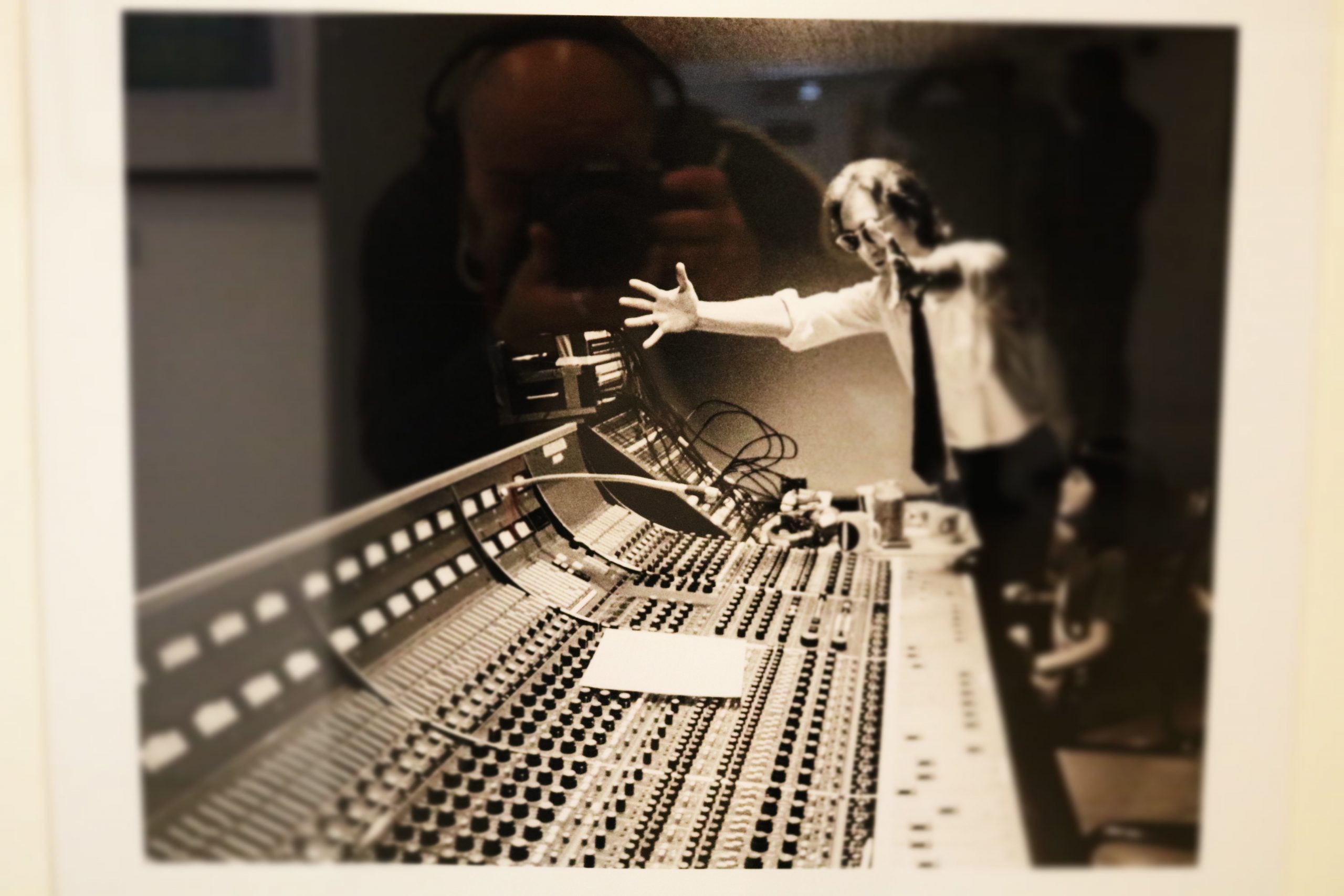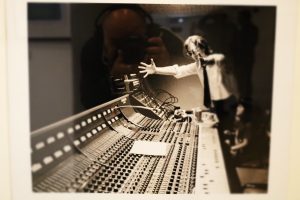Musical Hooks
 Musical Hooks – What are they?
Musical Hooks – What are they?
Music is a powerful tool that can be used to evoke a wide range of emotions in listeners. By understanding the psychology of music, composers can create compositions with musical hooks that are more likely to be popular or pleasing. Just listen to The Beatles!
One of the most important factors in writing a popular or pleasing composition is to create a strong musical hook. A musical hook is a short, catchy melody or phrase that is repeated throughout the composition. Hooks are effective because they are easy to remember and can get stuck in listeners’ heads. They can also help to create a sense of unity and coherence in a composition.
There are a few different things that composers can do to create strong musical hooks. One is to use simple, repetitive melodies. Another is to use catchy rhythms or harmonies. Composers can also use vocal melodies that are easy to sing along to.
In addition to creating strong musical hooks, composers can also use the psychology of music to create compositions that are more likely to be popular or pleasing by using certain techniques. For example, composers can use music to evoke positive emotions, such as happiness, joy, and excitement. They can also use music to create a sense of nostalgia or familiarity.
By understanding the psychology of music, composers can create compositions that are more likely to connect with listeners and leave a lasting impression.
Here are some additional tips for writing a popular or pleasing composition using the psychology of music:
- Use simple melodies and rhythms. Simple melodies and rhythms are easier for listeners to remember and follow.
- Use repetition. Repetition helps to create a sense of familiarity and unity in a composition.
- Use contrast. Contrasting elements, such as loud and soft sounds or fast and slow tempos, can add interest and excitement to a composition.
- Use dynamics. Dynamics, or the variations in volume, can help to create a sense of suspense, drama, or excitement in a composition.
- Use timbre. Timbre, or the quality of a sound, can be used to create a variety of moods and emotions in a composition.
- Use lyrics. Lyrics can help to convey a message or story to listeners. They can also be used to create a sense of familiarity or nostalgia.
By following these tips, composers can create compositions that are more likely to be popular or pleasing. Why not share your ideas on the best musical hooks and compositions on the Voxstra Blog!





